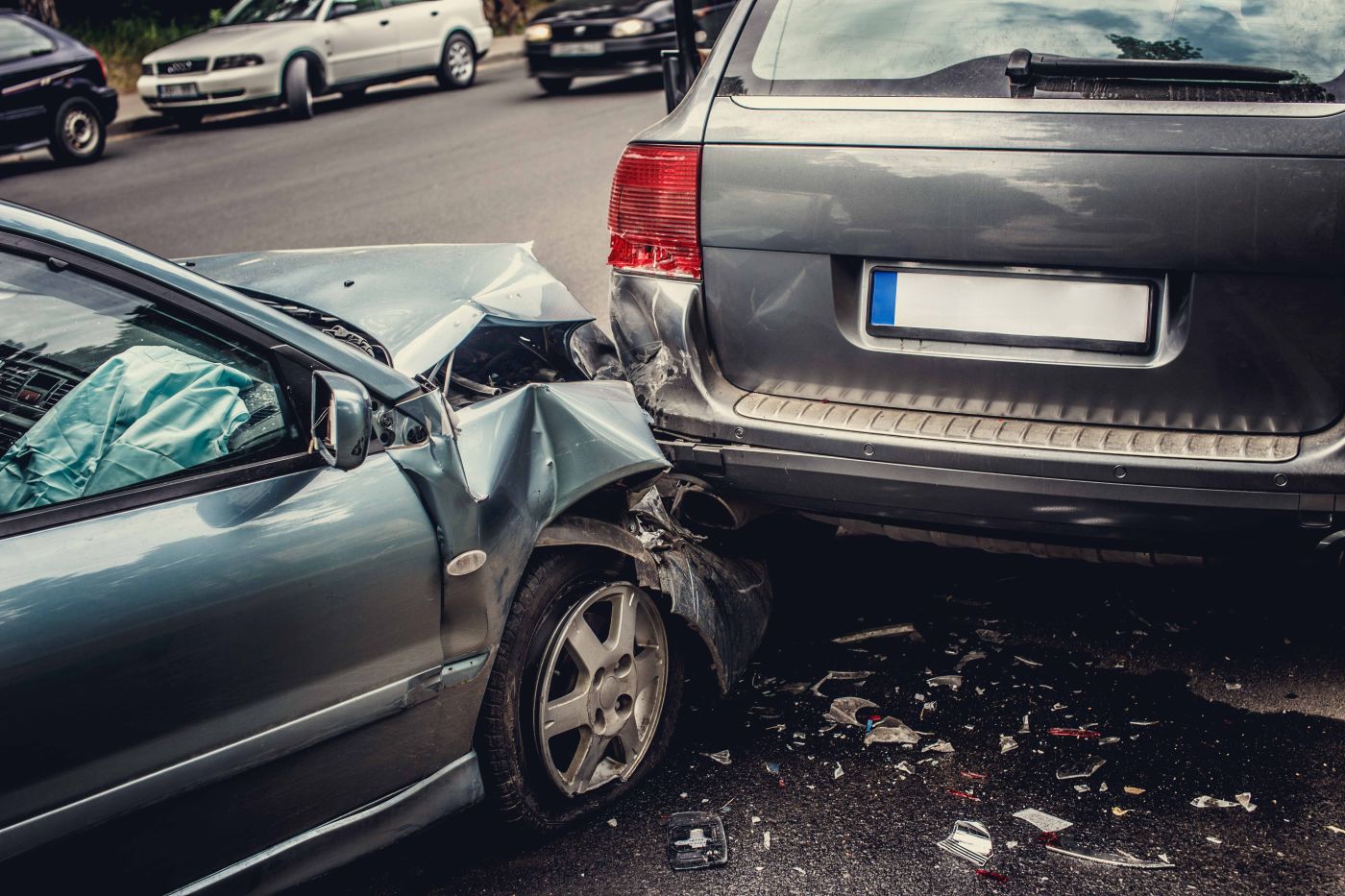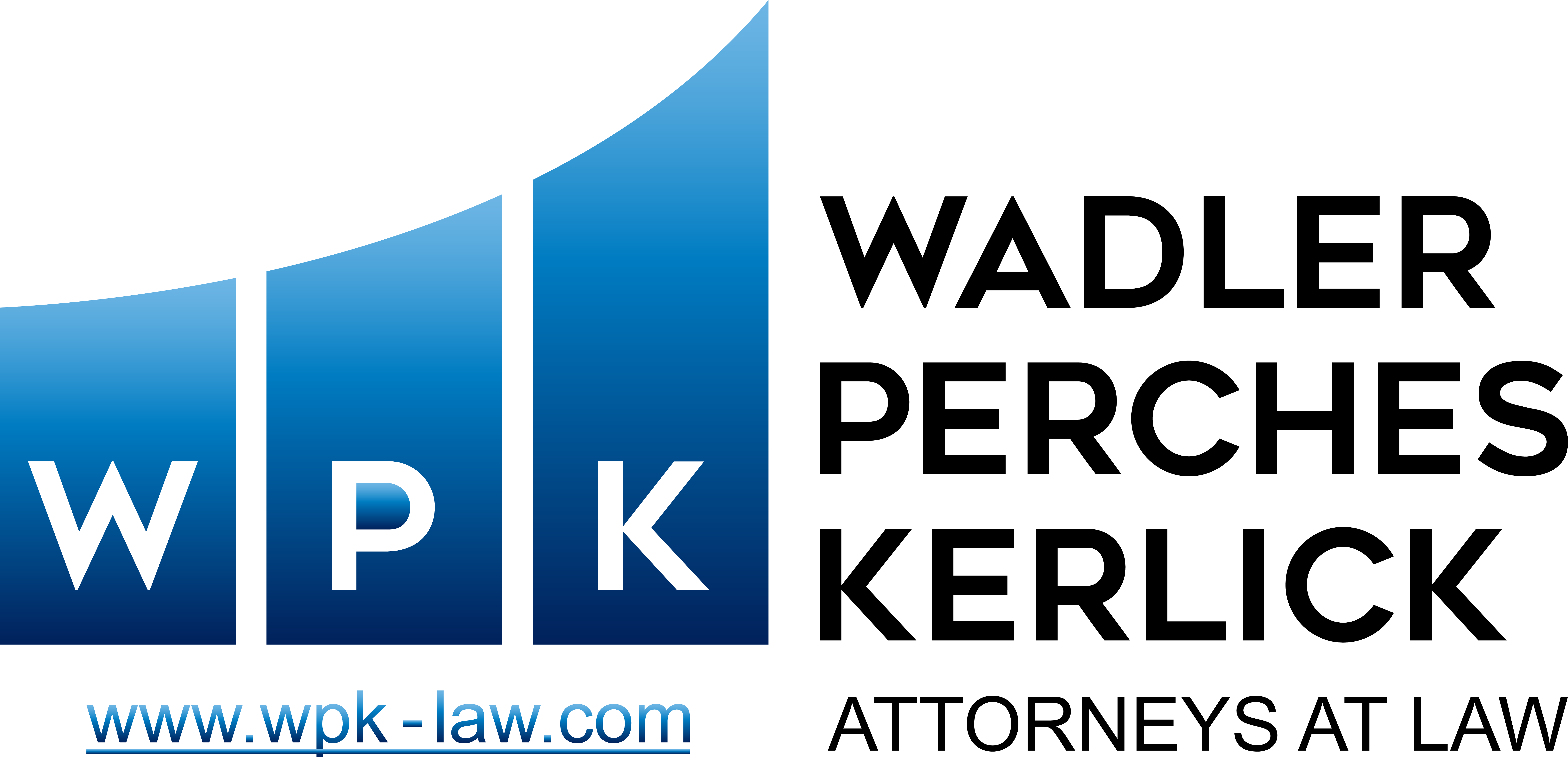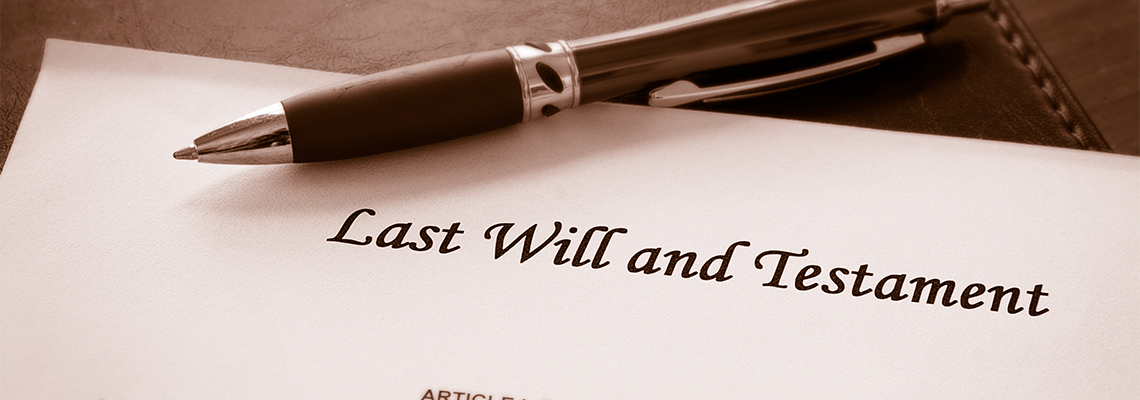
Accidents can change your day—and sometimes your life—in an instant. The shock, confusion, and worry that follow can leave you unsure of what to do next. We understand how stressful this time can be, especially when injuries, medical bills, or vehicle damage are involved.
At Wadler Perches & Kerlick, our Wharton, TX personal injury lawyer helps people handle the legal process after an automobile accident.
From our office in Wharton, Texas, we offer guidance that helps you protect your rights and prepare for what comes next. If you’ve been in an accident, contact us today to discuss your situation with an experienced car accident attorney.
Check for Injuries and Safety First
The first step after any automobile accident is to make sure everyone’s safe. If anyone appears hurt, call 911 immediately. Even if injuries seem minor, getting medical attention right away can prevent future complications.
When it’s safe to do so, move vehicles out of traffic to a secure location. Turn on hazard lights and stay at the scene until law enforcement arrives. These early steps not only protect your health but also create an official record of the incident, which can be important later in a personal injury claim.
Always stay calm, speak respectfully to others involved, and avoid admitting fault or apologizing. Statements made in the moment can later affect how fault is determined.
Contact the Police and File a Report
Calling law enforcement is one of the most important steps after an accident in Texas. Officers will document the scene, collect witness statements, and file a police report. That report becomes a key piece of evidence for your insurance claim and any future personal injury case.
Be honest but brief when describing what happened. Provide your driver’s license, registration, and proof of insurance when requested. Ask the responding officer how you can obtain a copy of the police report, as your personal injury attorney will likely need it to assess the case.
Even for smaller accidents, having an official report helps protect you from disputes or inaccurate accounts of the event later on.
Exchange Information With the Other Driver
After checking for injuries and calling the police, exchange information with all involved drivers. The details you collect now can save time and confusion later.
Information to gather at the scene includes:
Contact details: Full names, phone numbers, and addresses
Driver and vehicle details: License numbers, insurance information, and license plate numbers
Witness information: Names and contact details of anyone who saw the crash
Once you’ve collected this information, keep it organized and provide it to your insurance company and your personal injury lawyer. Avoid discussing fault with the other driver or making any agreements at the scene—leave those determinations to the investigation.
Take Photos and Document the Scene
Your phone can be a powerful tool after an accident. Use it to document what happened as thoroughly as possible.
Take clear photos of:
Vehicle damage: Capture every visible dent, scratch, or broken part
Accident location: Include traffic signs, signals, and road conditions
Injuries: Photograph visible injuries before they heal or change
These photos can help your personal injury attorney establish what occurred and support your claim if the other party disputes the facts. If you’re unable to take photos, ask someone you trust to do it for you.
Seek Medical Care Right Away
Even if you feel fine, some injuries—like concussions, internal bruising, or whiplash—may not appear immediately. Visiting a doctor right after the accident creates an official medical record that can help link your injuries to the incident.
Keep copies of all medical visits, test results, prescriptions, and expenses. These records become essential evidence in a personal injury claim.
Your health should always come first, but taking this step also protects your legal position. A delay in treatment can make it harder to connect your injuries to the accident later on.
Report the Accident to Your Insurance Company
Contact your insurance provider as soon as possible after the crash. Texas law generally requires that you report accidents quickly, especially if injuries or property damage occurred.
When you speak with your insurer, stick to the facts and avoid giving recorded statements without first consulting your personal injury attorney. Insurance representatives may sound helpful, but their goal is to limit payouts.
We often remind clients that anything said to an insurer can be used to reduce compensation. That’s why having an experienced personal injury lawyer guide you through this step is so important.
Keep Detailed Records and Receipts
Organization plays a vital role in a successful personal injury claim. Keep a file that includes all accident-related paperwork.
Important documents to save include:
Medical records: Doctor’s notes, test results, and treatment summaries
Expense receipts: Prescriptions, vehicle repairs, or transportation to appointments
Correspondence: Letters or emails from insurers, law enforcement, or other drivers
These materials can help your attorney show the financial and emotional impact of the accident. The more detailed your records, the stronger your personal injury case may become.
Review Settlement Offers Carefully
Insurance companies often make quick offers soon after an accident, but early settlements may not reflect the true cost of your injuries or long-term care. Before accepting any payment, consult with a personal injury lawyer who understands Texas accident law and claim valuation.
We can help you review the details, explain what the offer includes, and identify what might be missing. Once you accept a settlement, you typically can’t pursue additional claims related to the same accident. Taking time to review all options helps you make an informed decision about your next steps.
Follow Up on Medical Care and Recovery
Consistent medical treatment supports both your recovery and your legal case. Missed appointments or gaps in care can create doubt about the seriousness of your injuries. Keep your doctor informed about your symptoms and progress, and follow recommended treatment plans.
Ongoing documentation helps your personal injury attorney present a clear picture of how the accident affected your life. Whether your injuries heal quickly or take months to resolve, detailed records strengthen your claim and give your case a solid foundation.
Practice Caution When Dealing With Insurance Adjusters
Insurance adjusters are trained negotiators who work on behalf of their company. While they may seem supportive, their role is to minimize what the insurer pays. Avoid accepting verbal agreements or signing documents without understanding their full implications.
If an adjuster contacts you, politely direct them to your personal injury attorney. This step keeps communication consistent and helps prevent misunderstandings that could affect your claim.
Our firm’s experience with Texas personal injury law allows us to handle these discussions with professionalism and attention to detail, so you can focus on recovery.
Move Forward After Your Accident
Recovering after an automobile accident is never simple, but you don’t have to face the process alone. At Wadler Perches & Kerlick, we’re committed to helping clients through each stage of a personal injury claim with care and professionalism.
Our office in Wharton, Texas, serves clients throughout Fort Bend County, Wharton County, and Matagorda County. We understand how accidents can affect every part of life—from physical health to financial stability—and we’re here to help you regain balance and move forward.
If you’ve been hurt in an accident, now’s the time to take action. Contact Wadler Perches & Kerlick today to speak with an experienced personal injury attorney about your next steps.


